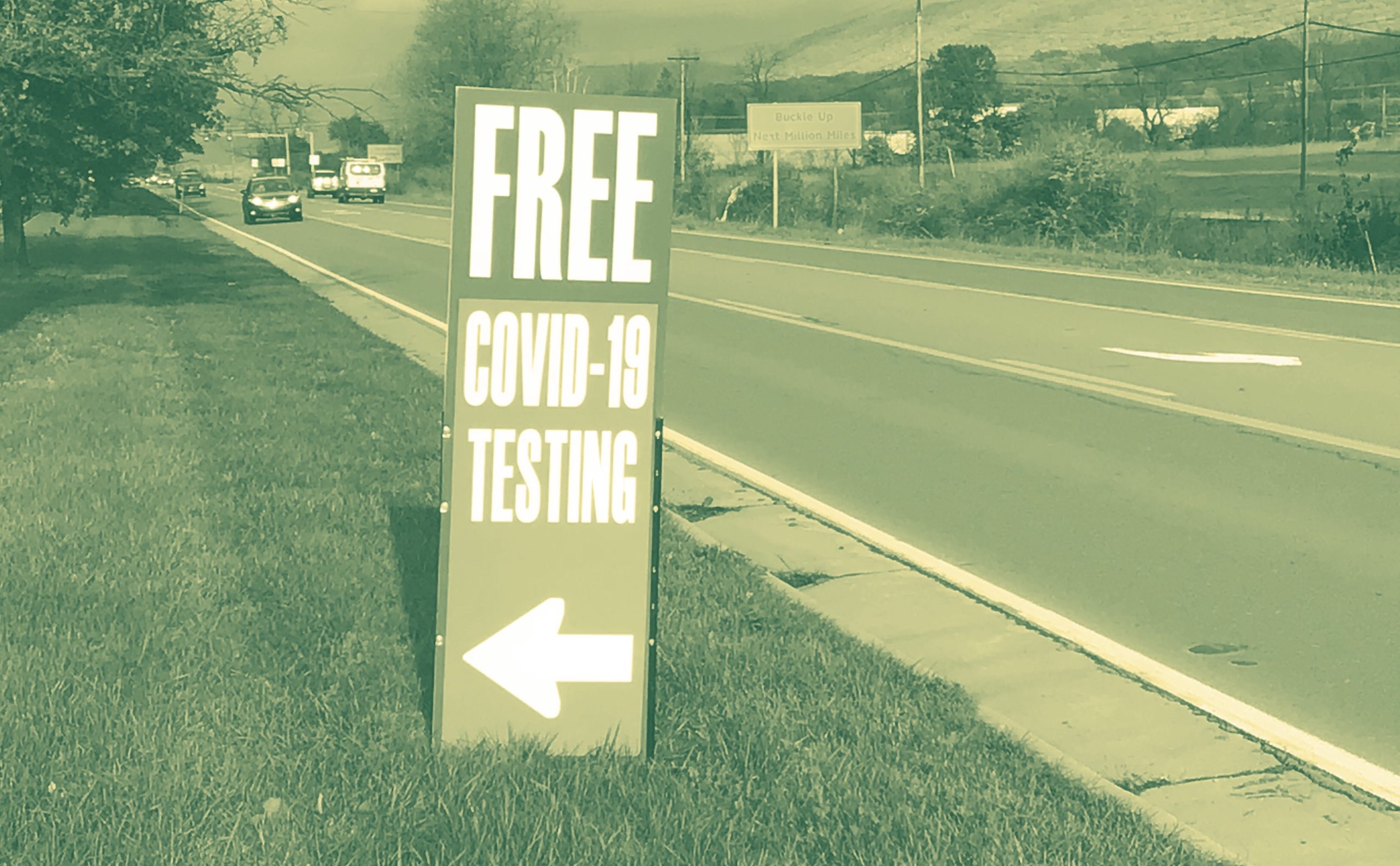If fully vaccinated, there are times you may still need to get tested for COVID-19.
This was included as part of a recent update by the Centers for Disease Control and Prevention (CDC). We incorporate their guidance below.
Watch for Symptoms
People with COVID-19 have had a wide range of symptoms reported – ranging from mild symptoms to severe illness. Symptoms may appear 2-14 days after exposure to the virus. Anyone can have mild to severe symptoms. People with these symptoms may have the virus:
- Fever or chills
- Cough
- Shortness of breath or difficulty breathing
- Fatigue
- Muscle or body aches
- Headache
- New loss of taste or smell
- Sore throat
- Congestion or runny nose
- Nausea or vomiting
- Diarrhea
If you experience these symptoms you should isolate yourself until tested.
This list does not include all possible symptoms. More, older adults and people who have underlying medical conditions are at higher risk for developing more serious illness.
Also, some occupations require testing, too. And on an international return trip, you may receive the test.
COVID-19 is a vaccine-preventable disease. Moreover, everyone 12 or older in the United States can now get a free vaccine regardless of their immigration or health insurance status.
Vaccines are safe. And they are effective. Also, while some “breakthrough cases” do occur, vaccines substantially curb their symptoms.
So if you are not yet vaccinated, up your sleeve! And get the shot.

